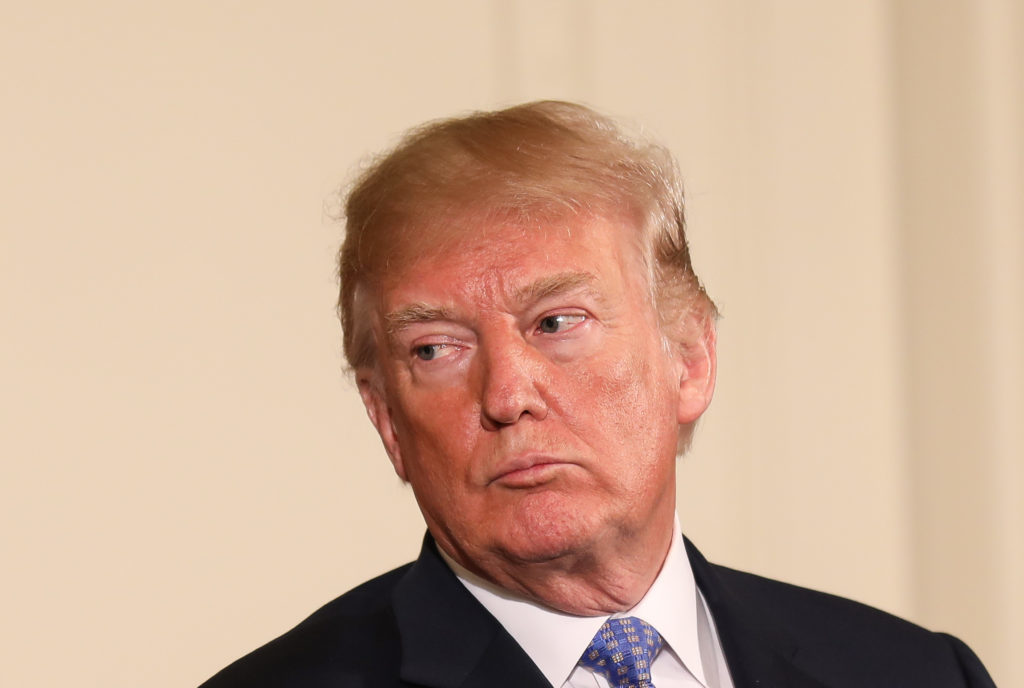Donald Trump’s forbidden fruit

I’d like to talk about something that permeates our society. It is present everywhere, including in politics. It’s the politics of forbidden fruit. And it’s part of what got Donald Trump elected.
Forbidden fruit is not a new concept. There is something about the human psyche in that many crave a bite of the forbidden fruit. And perhaps you’ve experienced it yourself — or a member of your family or a friend.
Forbidden fruit is that which is forbidden — it implies danger and secrecy — it implies rebellion. Forbidden fruit is that bad boy you’ve warned your daughters about. It’s that athlete or rock star or actor who can’t stop doing stupid things, yet we eagerly tune in to hear about their latest exploits despite knowing we shouldn’t.
The forbidden fruit was Donald Trump during his first Presidential run. You see, I believe the concept of forbidden fruit is a good part of why so many voted for Trump. He was loud, obnoxious, and unappealing.
But he wanted to “burn it all down.” He was, in the eyes of many, an awestruck Maga forbidden fruit. What fun to vote for someone hated by so many! What fun to defy expectations in favor of that which is forbidden.
It makes one feel like a rebel — even if the fruit one is picking is extremely poisonous indeed. And we’ve seen it in our children. One knows if one tells their son or daughter that their latest date is” too wild” or “too inappropriate all that will do is drive them closer.
And that is a big part of why when describing candidates like Ron DeSantis, Larry Elder, and Mehmet Oz, it’s important to describe them correctly. Bill Palmer has talked about this. You see, I agree. Let’s take Mehmet as an example. Would we have won if we’d described him as forbidden fruit?
I doubt it. Describing these people as mysterious — as part of any rebellion — as MIGHTY — will not and has not worked. What does work is taking the mystery — the forbidden — out of the equation.
What works is describing them for what they are — goofy people who have no business running for office. Losers. Forbidden fruit will always have its appeal to a certain segment of the population. That is why taking out their mystery is so very important.
